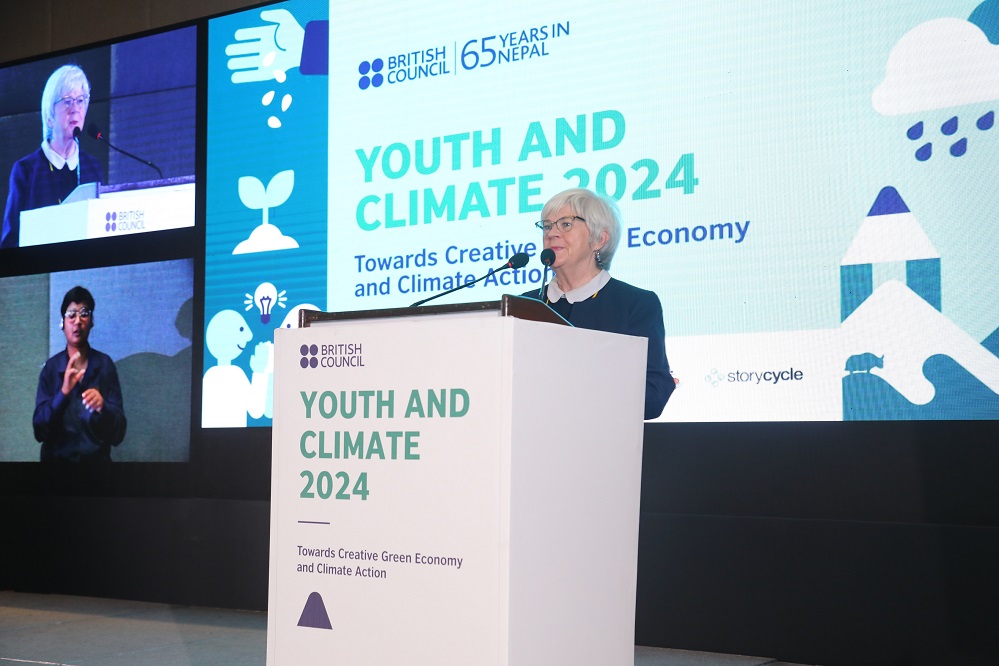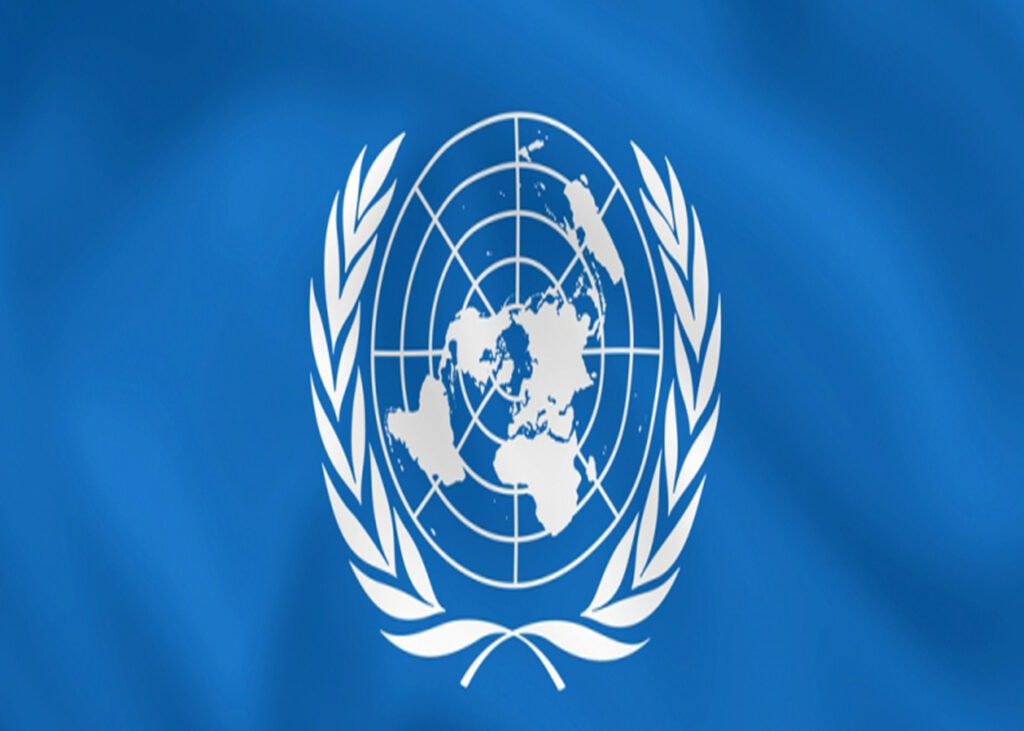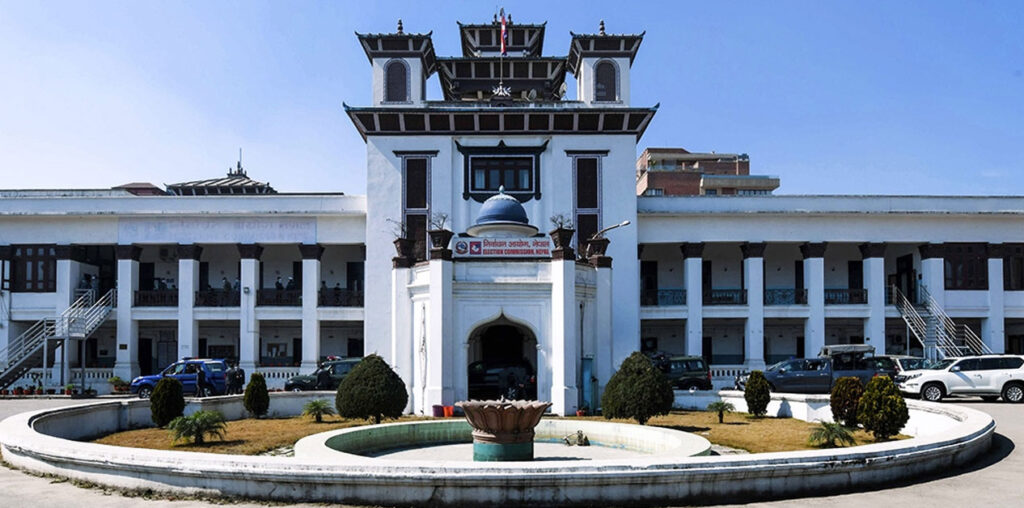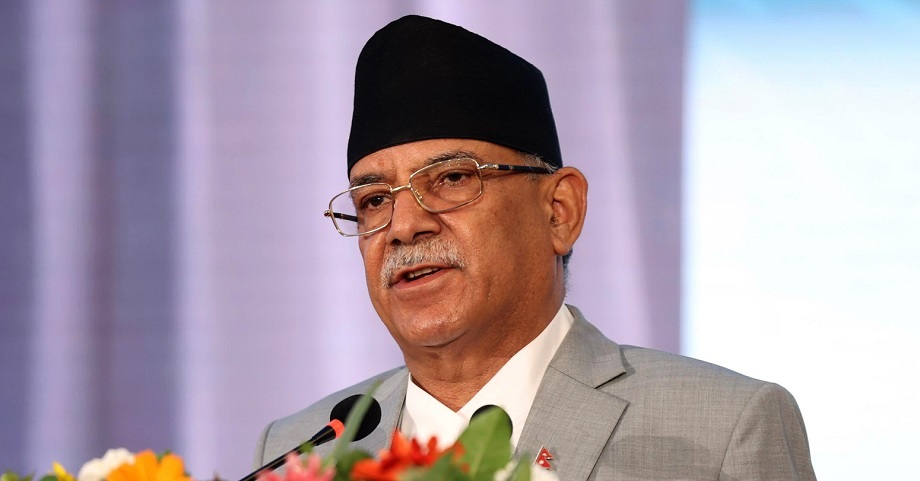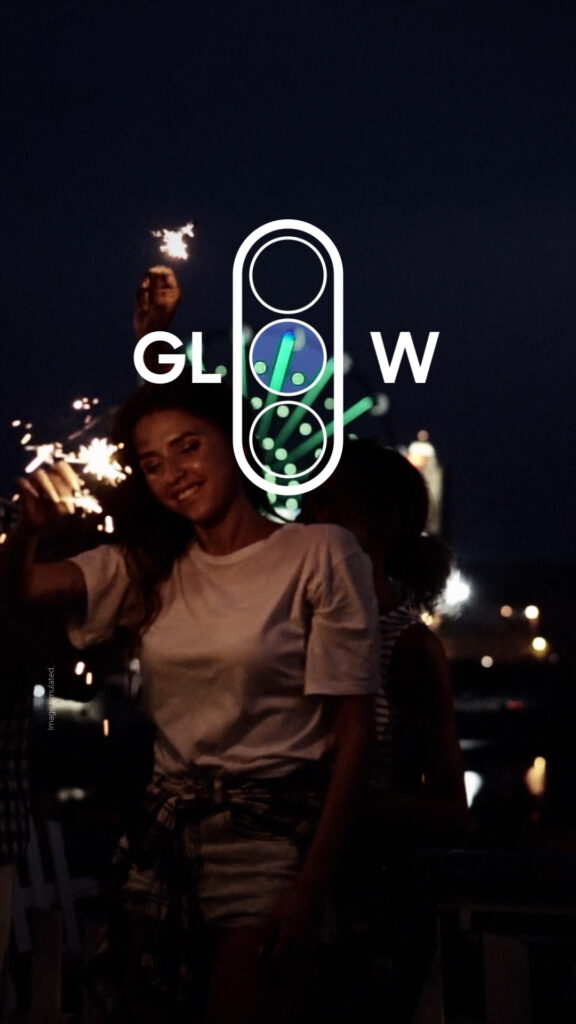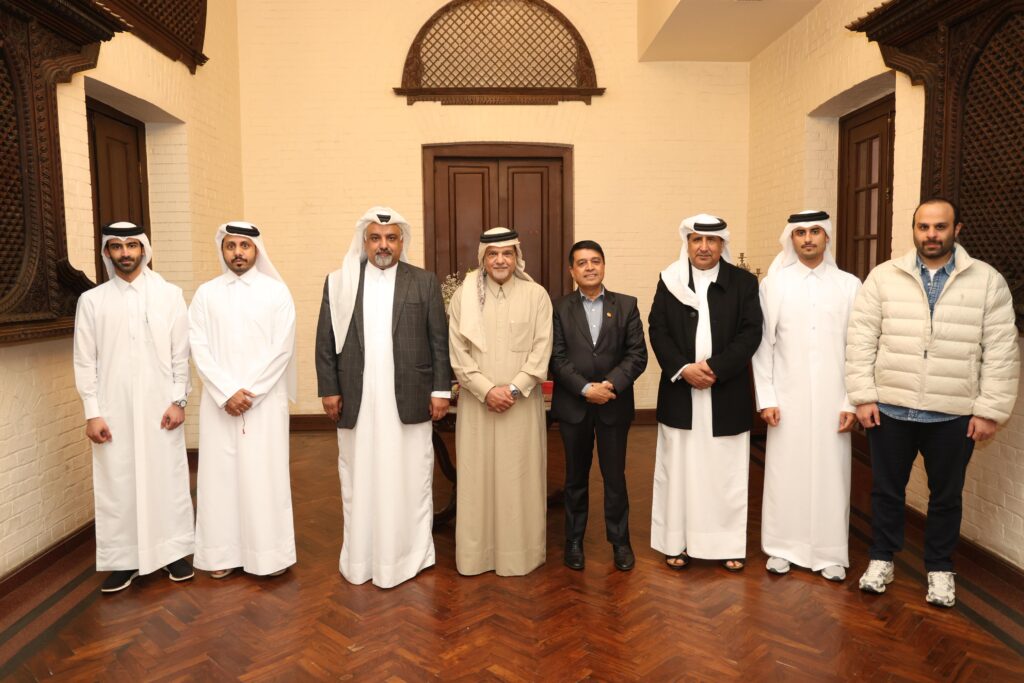The British Council kicked off the Youth and Climate 2024: Towards Creative Green Economy and Climate Action event on June 3 to bring together stakeholders from diverse backgrounds to explore the intersection of creative green economy and youth leadership in climate action. The event will continue till June 10.
Through a series of activities, the participants engaged in conversations to discuss climate change related challenges and opportunities. The programme provided a platform to share how youth – through innovation, advocacy, and action – can respond to the climate emergency.
In collaboration with a consortium of UK and Nepal partners, we organised a one-day symposium on creative green economy and climate action, an interactive talk programme on material culture workshops and masterclasses for students and creative professionals.
A week-long exhibition featuring innovative green projects is still open until 10 June at Taragaon Next, Boudha. Entry is free.
The activities brought together thought leaders, artists, activists, community members, academicians, educators, and youth innovators to explore creativity, entrepreneurship, and environmental sustainability contributing to a greener future.
Rob Fenn, British Ambassador to Nepal in his opening remarks said, ‘Youth and climate change are the best two words to refresh the relationship between UK and Nepal. It is an area where we can bring the youth of both the countries together as this is the common issue faced by youth from both the countries.’
Helen Silvester, Regional Director, South Asia, British Council at the opening of the symposium said, ‘Today, as we are coming together to explore the domain of Creative Green Economy and the pivotal role of youth leadership in climate action, let us remember that creativity and innovation are powerful catalysts for sustainable development.’
Our UK partner, Inge Panneels from Edinburgh Napier University said, ‘A Creative Green Economy can become a real engine for change: but is OUR job, our collective job – it is not to rest on the shoulders of young people alone, or of designers, or come to think of it, policymakers alone. It is our collective responsibility as citizens to do this – globally, locally, together.’
‘What’s exciting for me is seeing how quintuple bottom line framework, which came out of the In Our Hands program, move into local policy. I am looking forward to seeing how the framework might support local agencies to work with local communities.’
Our local partner Saurav Dhakal from Story Cycle said ‘The symposium felt like a breakthrough for those of us who have been working towards Creative Green Economy. Green Economy has been a part of the conversation for some time now. But, Creative Green Economy, a concept we have been experimenting with and trying to mainstream, felt like it was endorsed at the symposium by important stakeholders such as those working in public policy. ‘
At the symposium we launched the Policy Brief on Creative Green Economy in Nepal. The Creative Green Economy was conceptualised through Nepal-UK exchanges focusing on craft, climate change and intergenerational empowerment. It was developed with a consortium of partners representing academic, civil society and private sector expertise and initiatives.
We also launched the research report on Study on Nepalese Youth and Climate Action – Perceptions, Aspirations and Understandings. The research report assesses young people’s understanding of climate change and other global challenges and their readiness for leadership for climate action. The study provides evidence-based recommendations for enhancing youth engagement in climate initiatives in Nepal.



